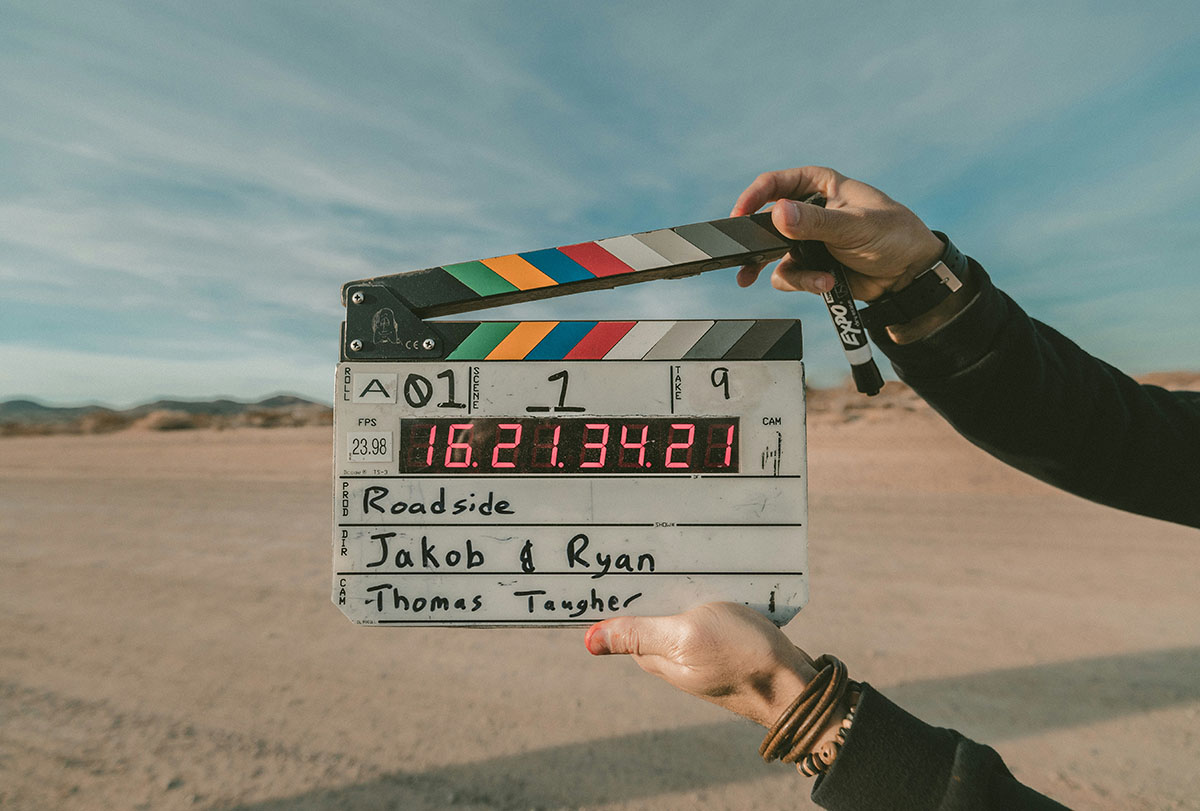When was the last time you found yourself pacing in circles around a room with no idea what to do with yourself?
It’s a funny thing to ask, but I can’t say I remember.
Recently, I found myself wondering what about our lifestyles keep us so occupied. Obviously, being in college presents enough work and extracurricular activities to stay active almost constantly. But I think there’s more to the picture than being caught up on piles of homework.
After some thought, it does seem to be a real issue. Of course, we’re not always doing work. So what happens in the rest of our day? It’s not always something I’m conscious of. Do you really think to check your Twitter, or has it become a compulsive thing?
For me, the case is not enough down time, not enough time wondering what to do with myself.
It’s sad to think kids of this generation won’t be able to experience boredom like we have.
Consider how boredom was handled at a younger age, as though it was a matter of solving a problem. Do children really need to worry about that, or can they just boot up their iPad?
We’re uncomfortable with the idea of having nothing to do. Filling voids in our days is a habit which stems from routinely being busy.In fact, Thorin Klosowski suggests in his Lifehacker article there’s a bit of science behind this idea. Instead of embracing boredom and using it as a creative application, we choose to replace it with some “busy” activity. Instead of sitting in thought, we impulsively pull out our phones.
Klosowski said boredom is about as important to the brain’s health as sleeping is. Even without exploring specifics, there are a number of immediate truths to this statement. Could this be considered time for our mind to adjust and ‘reset?’
“Boredom gives us a blank slate to work with,” Klosowski said.
My thinking, although counterintuitive, is boredom leads us to a more meaningful use of our time. By tackling boredom with a productive activity, we’re problem-solving, rather than a passive use of time such as scrolling through Facebook.
I think we have to re-find our comfort in being bored, as well as our discontentment with being in that state. By those means, I think we have the ability to slow down, and become more relaxed, even in a somewhat hectic schedule.
Klosowski said we have to find times to prioritize nothing before something. Meaning, there’s not always a need to fill white space, or inject activities.
For example, if you’re reading a textbook, there’s no need to clutter your mind with music and TV as background ambiance, just be bored with a plain old book.
I think a challenge would be seeing how long you can leave your phone in your pocket, or how long you can stay off of Facebook. Be bored and inactive, and see where your mind takes you as a result.







